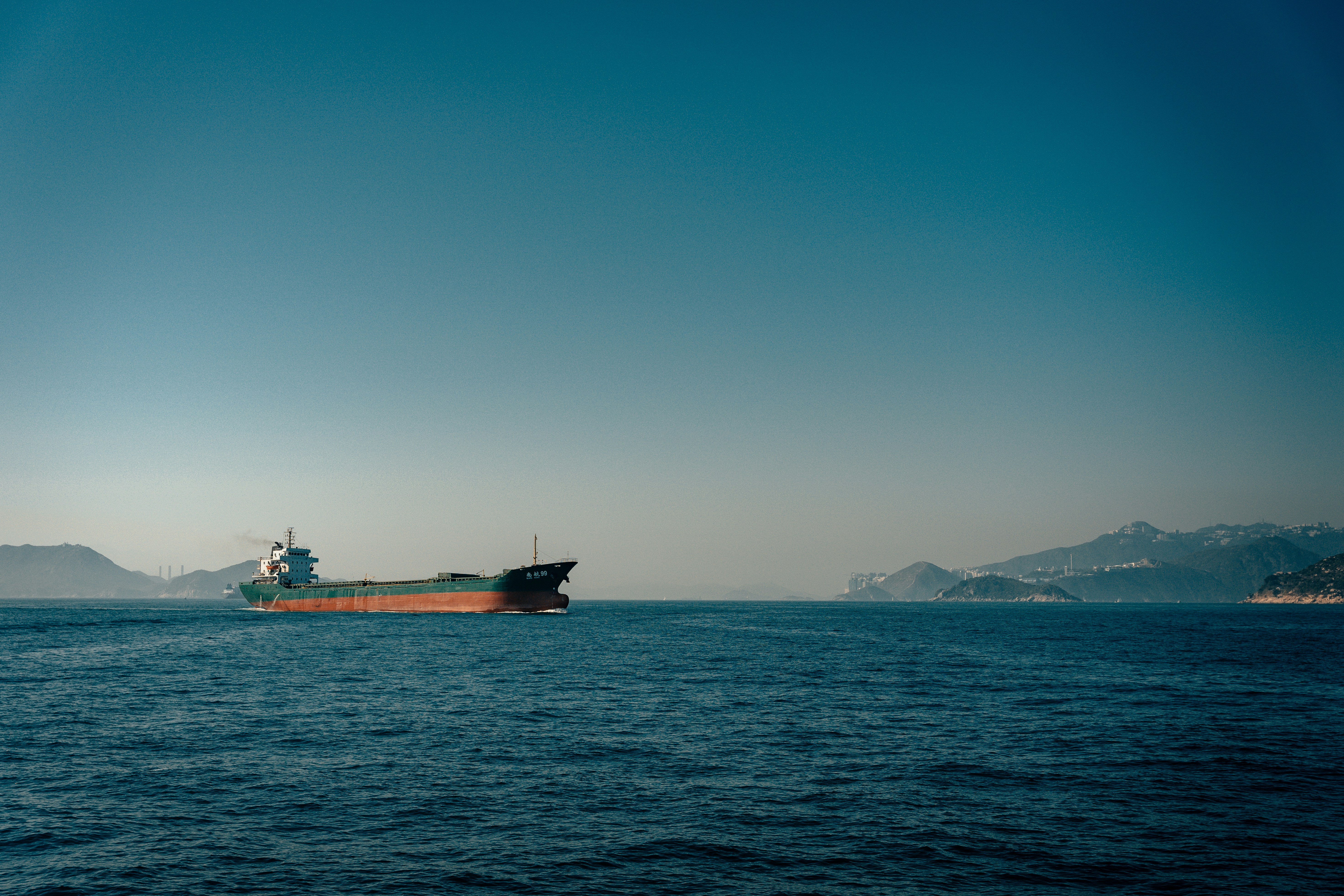Whenever Washington and Beijing sit across the table for trade negotiations, the spotlight often falls on the familiar: capital flows, interest rates, and tech supremacy. The U.S., long entrenched as the world’s financial anchor, boasts the dollar, the stock exchanges, and the lion’s share of global liquidity. China, though rapidly ascending, is still portrayed as catching up—burdened by capital restrictions, demographic drag, and strategic overreach.
Yet the equation flips when the conversation shifts to rare earth elements. Here, China isn't playing catch-up—it’s setting the pace. These lesser-known metals, indispensable to everything from iPhones and MRI machines to F-35 jets and EV drivetrains, represent one of the few sectors where Beijing doesn’t just lead—it dominates. The numbers make the case: roughly 70% of global mining and close to 90% of rare earth refining happen under China’s watch.
This isn't just industrial clout. It's geopolitical leverage. And China is beginning to play that card more openly. In recent high-level exchanges, Chinese officials didn’t need to issue threats. Simply reminding U.S. negotiators of where these minerals come from—and where they must go for processing—was enough to make the message land: the world’s clean-tech future still runs through China’s hands.
The term “rare earths” is something of a misnomer. Most of these 17 elements are relatively abundant in the earth’s crust. What makes them critical isn’t their rarity—it’s the complexity and cost of turning them into usable forms. The refining process is chemical-heavy, messy, and fraught with environmental risks.
Yet their applications are anything but niche. Neodymium powers high-performance magnets. Cerium and lanthanum are used in polishing glass and hybrid battery technologies. Yttrium and europium? Essential for LED displays and precision-guided weapons. From civilian tech to national defense, these elements are woven into the fabric of advanced economies.
America wasn’t always on the back foot. Mountain Pass, California, once anchored the global rare earths supply. But the 1990s ushered in a new logic—one driven by outsourcing and deregulation. China, eager to climb the value chain, welcomed the dirtiest parts of the process, offering low costs and lax rules. Western firms, chasing margin efficiency, gladly complied.
The shift was subtle at first. But over time, refining capabilities hollowed out across the West. Even today, ore mined in places like the U.S. or Australia often makes a round trip to Chinese smelters before it’s ready for use. It’s a textbook case of strategic myopia—and now it’s proving expensive.
China’s rare earth dominance isn’t some happy accident. As early as the 1980s, Beijing categorized these minerals as national strategic assets. Since then, it has cultivated an industrial base to extract, refine, and export at scale—while corralling production into a handful of state-linked conglomerates. The aim wasn’t just market share. It was insulation from foreign shocks and the ability to dictate terms.
So when Western governments now push for decoupling or friendshoring, they’re coming up against a wall of incumbency. China isn’t just a supplier. It is the system.
Corporate leaders no longer see rare earths as obscure raw materials—they see them as strategic liabilities. Auto giants, aerospace contractors, and defense firms are diversifying sourcing, stockpiling, and investing in recycling. New suppliers in Canada, Australia, and parts of Africa are getting a fresh look.
Still, building alternatives takes time—and money. Processing capabilities don’t spring up overnight. For now, China’s scale and integration remain unmatched. Even as companies talk about “supply resilience,” many still rely on Chinese intermediaries to get from raw ore to finished product.
Across Washington, Brussels, Tokyo, and Seoul, rare earths have landed squarely on national security radars. Legislation like the U.S. Inflation Reduction Act and the EU Critical Raw Materials Act aims to accelerate investment. Japan has doubled down on recycling, while South Korea is funding exploratory ventures abroad.
But momentum is one thing; results are another. Environmental pushback, regulatory drag, and sheer technical inertia make progress slow. Rebuilding what was lost—expertise, facilities, talent—will take years. In the meantime, China isn’t standing still.
For decades, global supply chains were governed by one law: minimize cost. That rulebook no longer applies. Geopolitical friction, pandemic disruptions, and resource nationalism have rewritten the terms. Now, security and redundancy are worth the premium. Rare earths are emblematic of this transition. Their story is no longer just about trade or industry—it’s about sovereignty. As energy transitions accelerate and defense tech modernizes, these minerals may well determine who builds, who deploys, and who leads.
Rare earths expose a fundamental truth about modern power: it isn’t just about algorithms or access to capital. It’s about who controls the elements that make technology run. And in that contest, China has carved out a quiet but formidable lead.
While the U.S. debates tariffs and trade deficits, Beijing has spent decades locking in control over physical assets—mines, refineries, and global demand pipelines. Financial muscle may move markets, but material dominance moves factories, armies, and infrastructure.
Rebalancing this equation won’t come from more rhetoric or short-term funding. It demands a patient industrial revival—one that treats extraction and refining not as dirty leftovers of globalization, but as vital components of national strategy. Because in the end, whoever controls the minerals shapes the machines. And right now, China holds more than the map—it holds the keys.




.jpg&w=3840&q=75)










